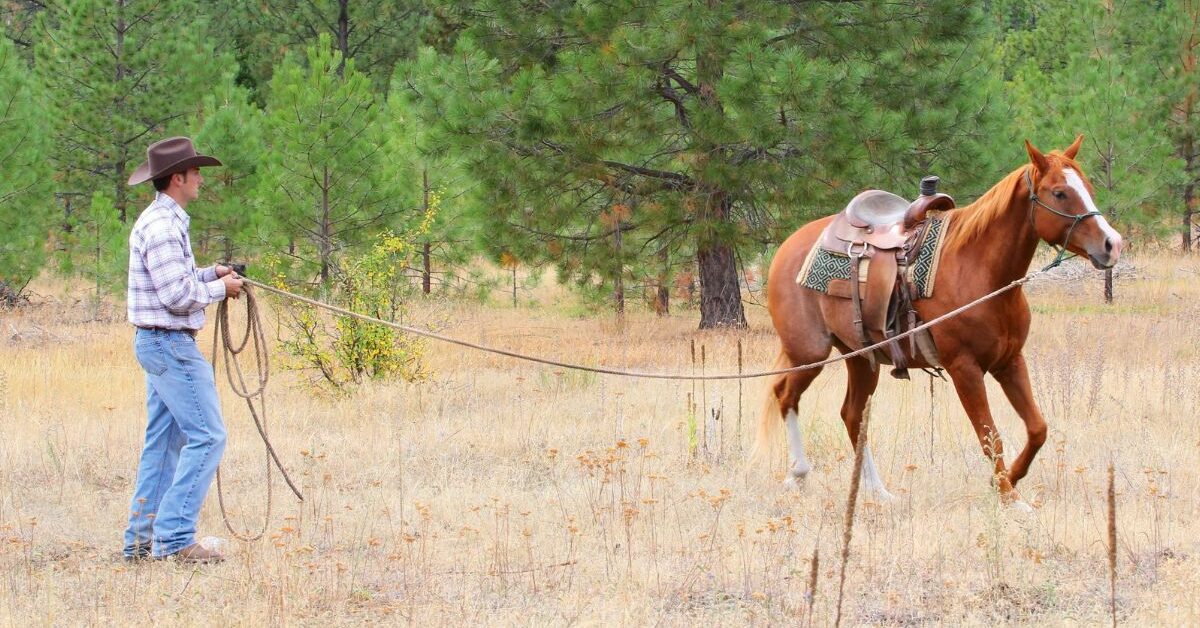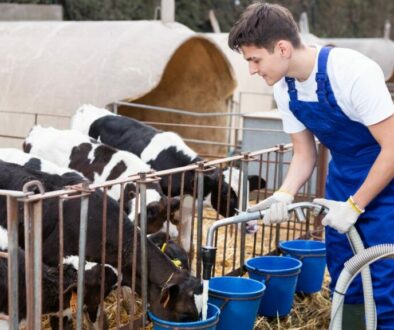How To Become A Horse Trainer?
Becoming a horse trainer can be a fulfilling and rewarding career choice for those who have a passion for horses and a desire to help people learn to ride and care for their animals. However, it is also a demanding profession, requiring a combination of skills, knowledge, and experience. Here are some steps and skills needed to becoming a horse trainer:
Steps To Becoming A Horse Trainer
Are you a horse lover looking to turn your passion into a career? Becoming a horse trainer can be a rewarding and fulfilling job for those who enjoy working with horses and helping them reach their full potential. Here are some steps to help you become a successful horse trainer.
- Gain Hands-On Experience
Before becoming a horse trainer, it is important to gain hands-on experience working with horses. This can be done by working at a stable or horse farm, taking riding lessons, and participating in horse shows and events. By doing this, you will learn about different horse breeds, their behavior, and how to properly care for them before working as a trainer. For riding lessons, horse shows, and events, check out websites like the United States Equestrian Federation (USEF).
Working at a stable or horse farm is a great way to learn the ins and outs of horse care. You will be responsible for feeding, grooming, and exercising the horses, as well as cleaning their stalls and maintaining the facility. This experience will give you a solid foundation of knowledge and skills that will be invaluable as you move forward in your career. To find entry-level jobs at a stable or a horse farm, check out locality or online job portals like, Indeed and Glassdoor.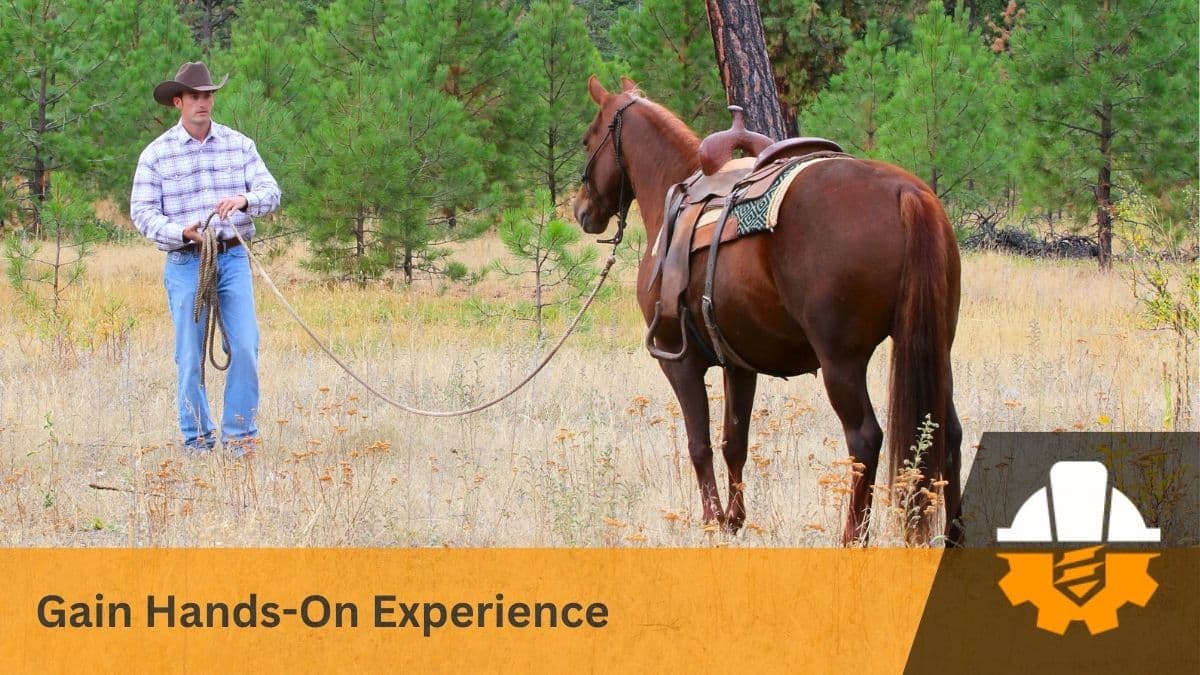
- Receive Formal Education and Training
While hands-on experience is important, it is also crucial to receive formal education and training in horse training. Many colleges and universities offer equine science or horse training programs, which provide a foundation of knowledge in areas such as horse anatomy, nutrition, and behavior. Attending workshops and clinics, enrolling in apprenticeships, or working as an assistant to an experienced horse trainer are also valuable training options.
During your education and training, you will learn about different training methods and techniques, as well as how to develop training plans for horses. You will also learn how to identify and address behavioral issues in horses, which is an important part of being a successful horse trainer.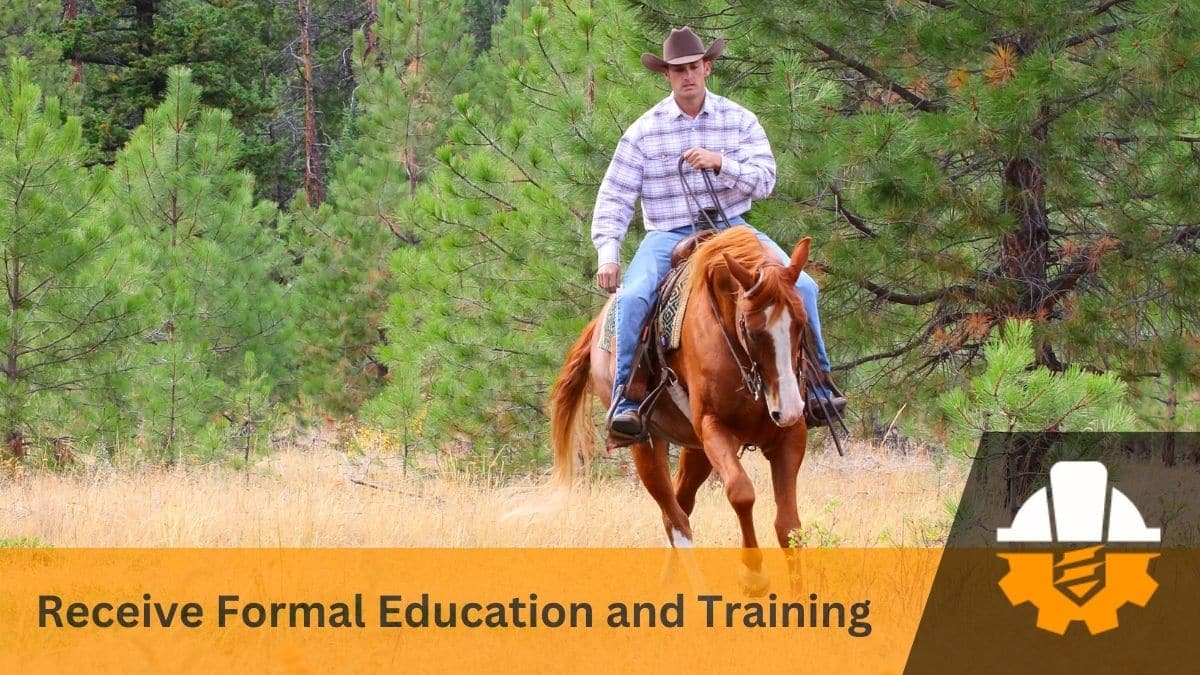
- Obtain Certifications and Licenses
After gaining experience and education, obtaining certifications and licenses can improve your credibility and open up more job opportunities. The Certified Horsemanship Association (CHA) and the American Riding Instructors Association offer various levels of certification for horse trainers. Additionally, some states like California, New York, Kentucky, Florida, and Texas require horse trainers to be licensed. For those specializing in dressage, the USDF offers a certification program for instructors and trainers.
Obtaining certifications and licenses shows potential employers that you are committed to your profession and have the necessary skills and knowledge to be a successful horse trainer. It also helps to build trust with clients, who want to know that their horses are in good hands.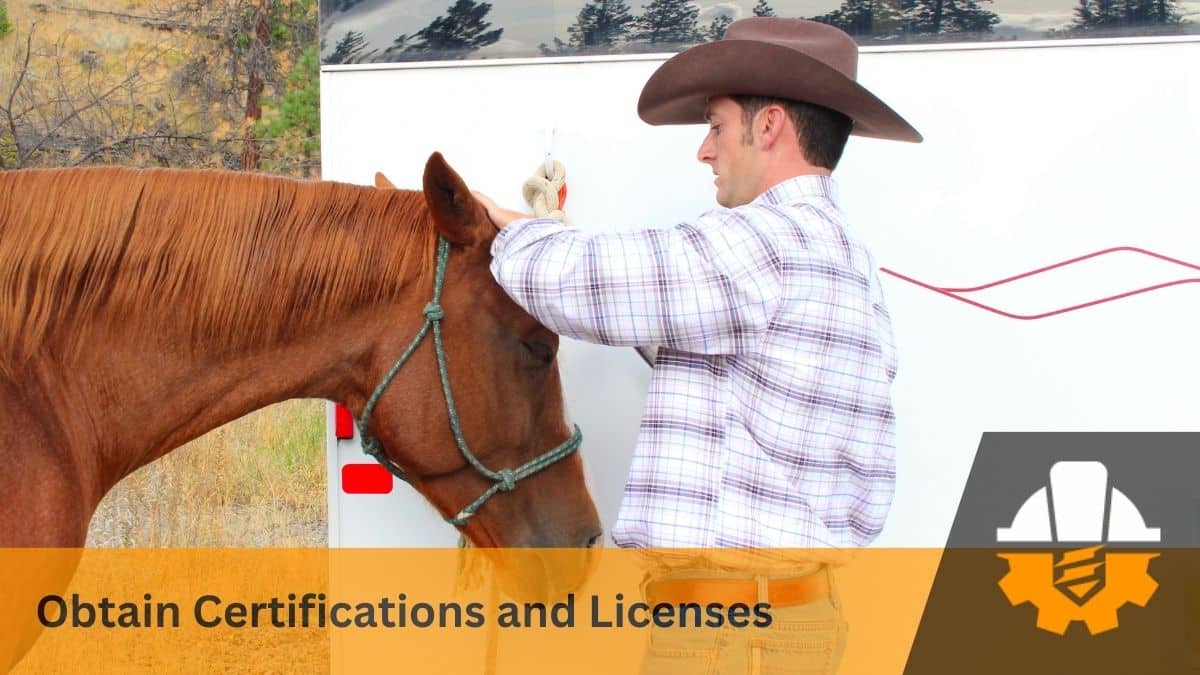
By following these steps, you can become a successful horse trainer who helps horses reach their full potential. Remember to always put the welfare of the horse first, and to continue learning and growing as a trainer throughout your career.
Skills Needed For Becoming A Horse Trainer
Aside from education and training, there are several skills needed to become a successful horse trainer. One of the most important skills is the ability to communicate effectively with both horses and their owners. A horse trainer must be able to read and interpret the behavior of horses and effectively teach riding and training techniques to riders of all skill levels.
However, communication is not just about talking to horses and riders. A horse trainer must also be able to listen carefully and observe the horse’s behavior to understand what the horse is trying to communicate. This requires a deep understanding of horse behavior and psychology, as well as the ability to pick up on subtle cues and body language.
Patience, empathy, and a calm demeanor are also important qualities of a good horse trainer. Horses can be easily spooked or agitated, and a successful trainer must be able to soothe and comfort them. This requires a deep understanding of the horse’s emotional state and the ability to remain calm and focused even in stressful situations.
In addition to working with horses, horse trainers must also be able to work with a variety of people, from beginner riders to experienced equestrians. This requires excellent interpersonal skills and the ability to tailor their training methods to each individual’s needs and abilities. For example, a beginner rider may need more guidance and support, while an experienced equestrian may need more challenging exercises to improve their skills.
Finally, a successful horse trainer must be physically fit and able to work long hours in all types of weather conditions. This requires a strong work ethic and a dedication to the well-being of the horses under their care.
Becoming a successful horse trainer requires a unique combination of skills, including effective communication, a deep understanding of horse behavior and psychology, patience, empathy, and a calm demeanor, excellent interpersonal skills, and a strong work ethic. With these skills, a horse trainer can help horses and riders achieve their full potential and create a strong bond between horse and rider.
What Is A Horse Trainer?
A horse trainer is a professional who has a deep understanding of horses and their behavior. Their job is to train horses and riders to work together as a team, building a strong bond between them. Horse trainers are passionate about their work and are dedicated to helping riders achieve their goals.
Horse trainers are responsible for designing customized training programs for each individual horse and rider. They work with horses to improve their performance and behavior, using a variety of techniques and methods. These may include ground training, lunging, and riding exercises, as well as specialized training for specific disciplines.
Horse trainers often work at stables or horse farms, where they give lessons and train horses to compete in shows or races. They may also work independently, traveling to different locations to train horses and riders.
In addition to their training responsibilities, horse trainers also play an important role in the care and management of horses. They monitor the health and well-being of their horses, ensuring that they receive proper nutrition, exercise, and medical care.
Horse trainers may specialize in particular equestrian disciplines, such as dressage, jumping, or western riding. They may work with horses of all ages, from young foals to older horses with behavior issues or physical limitations.
Working as a horse trainer requires a deep love of horses and a commitment to their well-being. It also requires strong communication skills, as trainers must be able to effectively communicate with both horses and riders. If you are passionate about horses and enjoy working with people, a career as a horse trainer may be the perfect fit for you.
The Benefits of Working as A Horse Trainer
For those with a love of horses and a desire to help others learn to ride and care for these magnificent animals, working as a horse trainer can be a highly rewarding career. According to ZipRecruiter, the average salary in the United States is around $44,327/year as of August 2024. The job allows individuals to work outdoors and interact with horses on a daily basis, and provides opportunities to attend horse shows and events.
As a horse trainer, you will have the opportunity to work with a variety of horses, each with their own unique personality and temperament. You will learn how to read their body language and understand their needs, allowing you to build a strong bond with each horse you work with.
Furthermore, horse training is not just about teaching a horse how to perform certain movements or tricks. It’s also about developing a trusting relationship with the animal, and helping them to become well-rounded and happy individuals. This requires patience, dedication, and a deep understanding of equine behavior.
Additionally, horse trainers can work in a variety of settings, from private stables to large equestrian centers. Private stables may offer a more intimate setting, where trainers can work one-on-one with clients and their horses. Equestrian centers, on the other hand, may provide more opportunities for networking and exposure to different disciplines and styles of riding.
There is also potential to advance within the field, by specializing in a particular discipline, opening up their own training facility or serving as a consultant and judge at horse shows. Specializing in a discipline such as dressage or jumping can lead to higher paying jobs and more opportunities to work with elite horses and riders. Opening up your own training facility can give you the freedom to create your own training programs and work with horses and riders that share your passion. Serving as a consultant and judge at horse shows can provide additional income and recognition within the industry.
Overall, becoming a horse trainer requires a combination of education, experience, and skills. However, for those who are passionate about horses and dedicated to helping others learn to ride and care for them, it can be a fulfilling and rewarding career choice. So if you have a love for horses and a desire to make a difference in their lives, consider becoming a horse trainer today!

